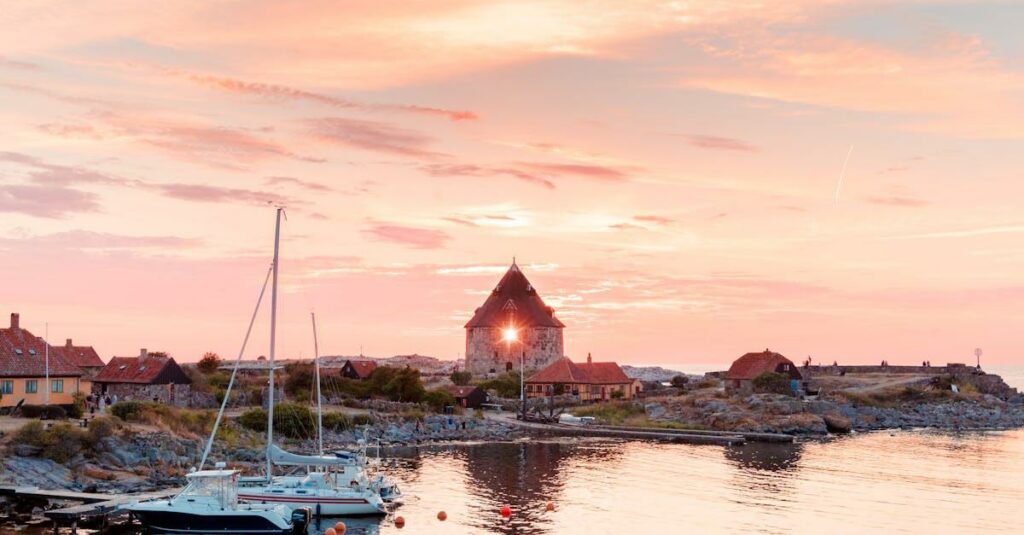Expressing gratitude is a fundamental aspect of Danish culture, and mastering the various ways to say “thank you” can enrich your interactions and deepen your appreciation of the language. The cornerstone of expressing thanks in Danish is the word “tak,” but there are numerous variations and phrases that convey different levels of gratitude and formality. In this article, we’ll explore 35 different ways to say “thank you” in Danish, all starting with “tak.” For a more comprehensive guide, you can refer to this detailed article on The Danish Dream.
1. Tak
The simplest and most commonly used form, equivalent to “thank you.”
2. Mange tak
Translates to “many thanks” and is used to express deeper appreciation.
3. Tusind tak
Means “a thousand thanks,” conveying even greater gratitude.
4. Mange tusind tak
Combines the previous two, meaning “many thousand thanks,” for significant appreciation.
5. Tak skal du have
Literally “thanks shall you have,” a polite way to say “thank you.”
6. Mange tak skal du have
“Many thanks shall you have,” adding emphasis to the gratitude.
7. Tusind tak skal du have
“A thousand thanks shall you have,” for heartfelt appreciation.
8. Tak for det
“Thank you for that,” used to thank someone for a specific action or item.
9. Tak for hjælpen
“Thank you for the help,” expressing gratitude for assistance.
10. Tak for i dag
“Thank you for today,” commonly used at the end of a meeting or social gathering.
11. Tak for sidst
“Thank you for the last time,” acknowledging and appreciating a previous encounter.
12. Tak for mad
“Thank you for the food,” a customary phrase after a meal.
13. Tak for invitationen
“Thank you for the invitation,” expressing gratitude for being invited.
14. Tak for opmærksomheden
“Thank you for your attention,” often used at the end of a presentation.
15. Tak for forståelsen
“Thank you for your understanding,” used in situations requiring patience or empathy.
16. Tak for indsatsen
“Thank you for the effort,” acknowledging someone’s hard work.
17. Tak for besøget
“Thank you for the visit,” expressing gratitude to someone who visited.
18. Tak for gaven
“Thank you for the gift,” used when receiving presents.
19. Tak for blomsterne
“Thank you for the flowers,” a specific form of gratitude for receiving flowers.
20. Tak for kortet
“Thank you for the card,” acknowledging a received card.
21. Tak for opkaldet
“Thank you for the call,” expressing appreciation for a phone conversation.
22. Tak for beskeden
“Thank you for the message,” used when someone leaves a message.
23. Tak for informationen
“Thank you for the information,” acknowledging helpful details provided.
24. Tak for rådet
“Thank you for the advice,” expressing gratitude for guidance.
25. Tak for støtten
“Thank you for the support,” used to appreciate someone’s backing.
26. Thank
you for understanding.
27. Tak for din tid
“Thank you for your time,” acknowledging someone’s time and attention.
28. Tak for samarbejdet
“Thank you for the cooperation,” used in professional settings.
29. Tak for din tålmodighed
“Thank you for your patience,” expressing gratitude for someone’s patience.
30. Tak for din venlighed
“Thank you for your kindness,” acknowledging someone’s kind actions.
31. Tak for din forståelse
“Thank you for your understanding,” similar to previous expressions.
32. Tak for din hjælp
“Thank you for your help,” expressing gratitude for assistance.
33. Tak for din støtte
“Thank you for your support,” acknowledging someone’s backing.
34. Tak for din opmærksomhed
“Thank you for your attention,” used in presentations or discussions.
35. Tak for din indsats
“Thank you for your effort,” appreciating someone’s hard work.
Incorporating these phrases into your Danish vocabulary will not only enhance your language skills but also demonstrate cultural awareness and respect. For a more in-depth exploration of expressing gratitude in Danish, you can visit this comprehensive guide on The Danish Dream.
By mastering these expressions, you’ll be well-equipped to convey your appreciation in various contexts, from casual conversations to formal occasions, thereby enriching your interactions within Danish culture.

